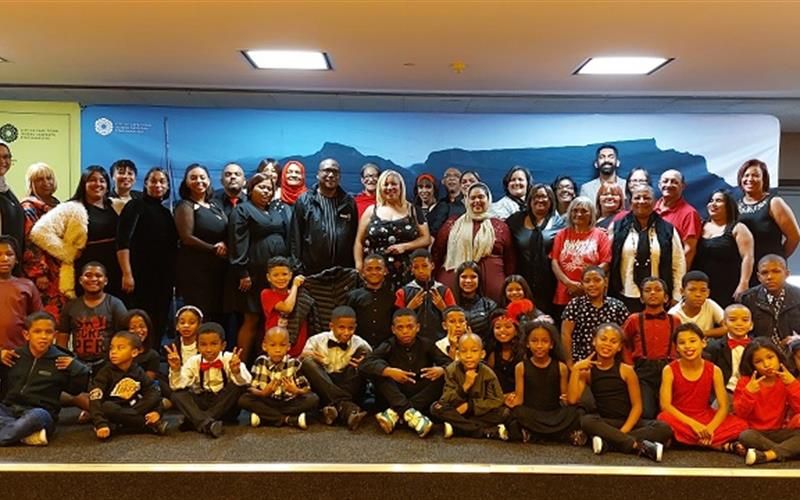Cape Town City Ballet (CTCB), a prestigious arts institution in South Africa, is facing turmoil following allegations of irregular and unprocedural removal of the company’s CEO, Debbie Turner. In addition, the ongoing mediation process has left the organization’s 32 dancers uncertain about their future.
Background of Cape Town City Ballet
CTCB is an 89-year-old arts institution based in Cape Town, South Africa. It is one of the country’s largest employers of ballet dancers, with 50 employees. It has enjoyed international tours and attracted global talent. This financial year, the company received R500,000 from the Western Cape Government and R3.2 million from the City of Cape Town.
Allegations Against Debbie Turner
The recent resignation of CEO Debbie Turner has put the organization in a state of disarray. Turner stepped down following accusations of poor financial administration brought against her by some board members. After her resignation, she submitted a medical certificate indicating that the stress had affected her health.
Allegations Against the Board
Ismail Mahomed, a former board member who resigned on April 14, reported to the CTCB Endowment Trust’s trustees that the board had acted “irregularly, un-procedurally, and illegally” in pushing out their CEO. Mahomed believed the charges of maladministration against Turner were exaggerated and primarily centered around an R5,000 budget line item overspending.
Mahomed also claimed that the board needed to be compliant, with no Annual General Meetings (AGMs) held and no board charter or workplace policies in place. In addition, he stated that the board had been closely involved in the company’s operational matters and had yet to give Turner the authority to make crucial strategic, financial, and operational decisions.
Mediation Session and Resignations
A mediation session between Turner and the board occurred in April, during which a draft agreement was being prepared. However, one board member’s email suggesting new conditions for the mediation agreement led to the resignation of three board members, including Chairperson Suzette Raymond.
Despite her resignation, Raymond convened a meeting, which Mahomed considered highly irregular, to discuss the new conditions. According to Mahomed, none of the other board members were consulted about their availability for Raymond’s meeting. He attended the meeting and voiced his objections, but a platform for discussion was not provided.
Concerns of Dancers and Other Stakeholders
The company’s dancers published a statement expressing their concerns about the dispute between the board and Turner. The dancers are currently in rehearsals for two upcoming productions and have shown their support for Turner, hoping she will continue as CEO. However, emails between the dancers and the board reveal their frustrations with handling the dispute, fearing damage to the company’s reputation, morale, and future.
The Cape Philharmonic Orchestra (CPO) usually performs with CTCB and was expecting to be part of their upcoming Carmen and Don Quixote performances. However, CPO’s CEO Louis Heyneman expressed concerns about the potential implosion of the ballet due to poor decisions and a lack of leadership.
Artscape CEO Marlene Le Roux has also expressed her disappointment in the CTCB board for not providing her with a formal report on the situation concerning the former CEO. As a result, the company’s and its dancers’ future hangs in the balance as the problem remains uncertain.












